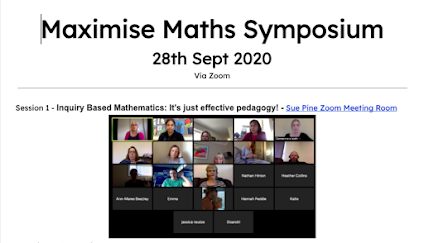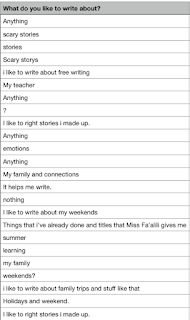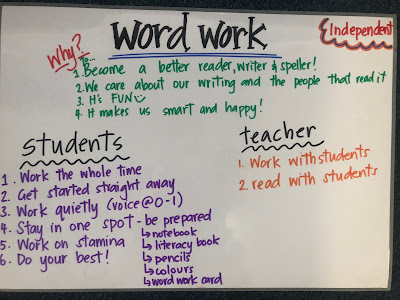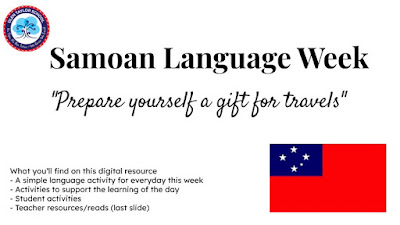Evaluation / the ENTIRE Bursts and Bubbles presentation!
Target Group: B.R, L.T, K.H, M.A, S.T The catalytic aspect of student learning my inquiry focused on this year was "What changes can I make in my practice to ensure that my learners deepen their understandings of key concepts and ideas in writing?" I identified this as my focus when I noticed the attitudes and behaviour of my students towards their learning in writing wasn’t making traction in their achievement in this learning area. Although cluster wide data shed a light on Reading, my learners in my class this year needed a big booster in the learning of writing. To build a rich picture of my students’ learning I used: • Student Voice - through a google form. I used the Literacy Learner Profile that I had used in previous years as an ALL teacher to collect information about interests, attitudes, struggles and things they enjoy about writing. • Writing samples - EOY 2019 and BOY 2020 easttle writing, unpacking any patterns, gaps and strengths in their writing as well a





